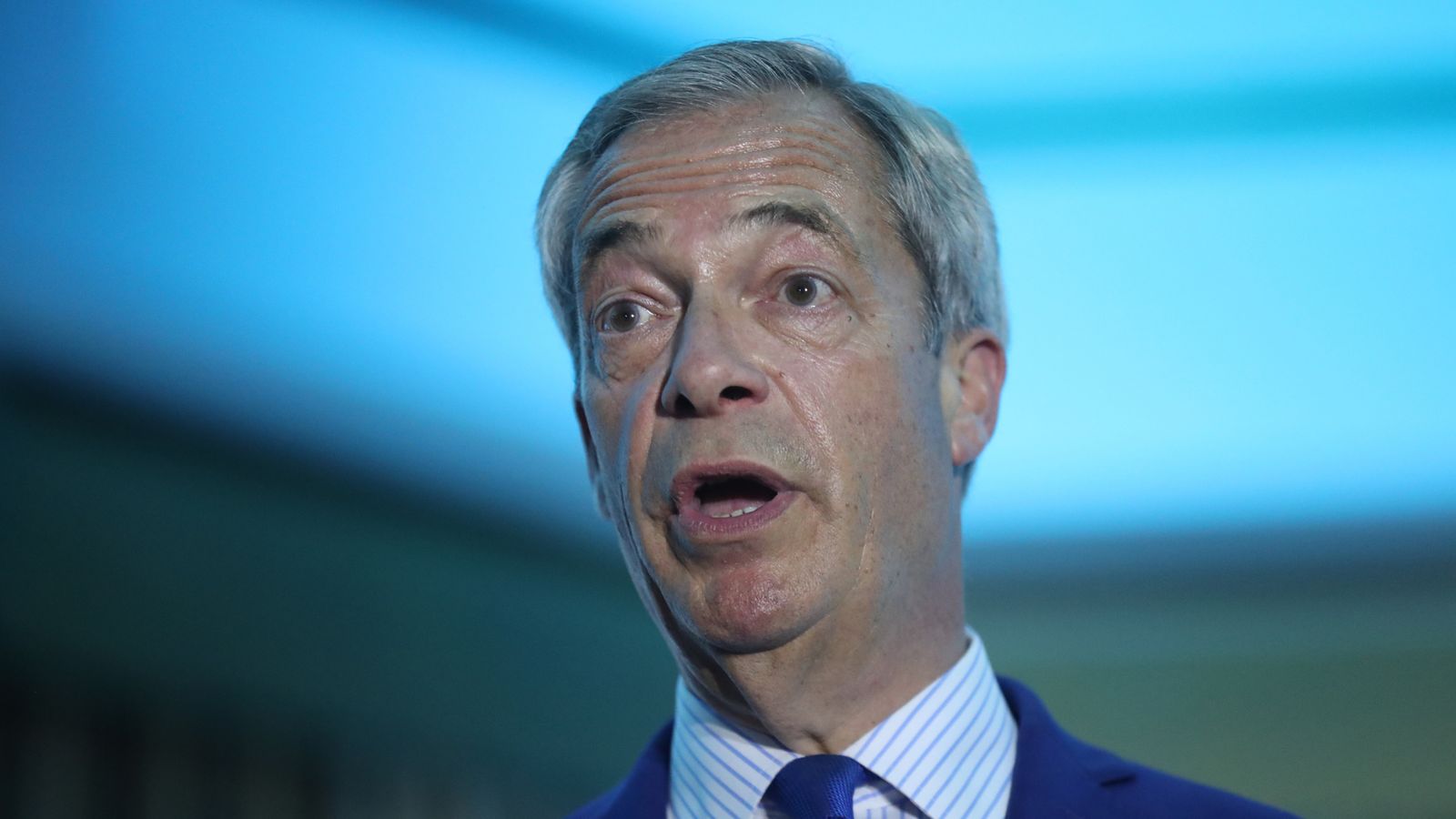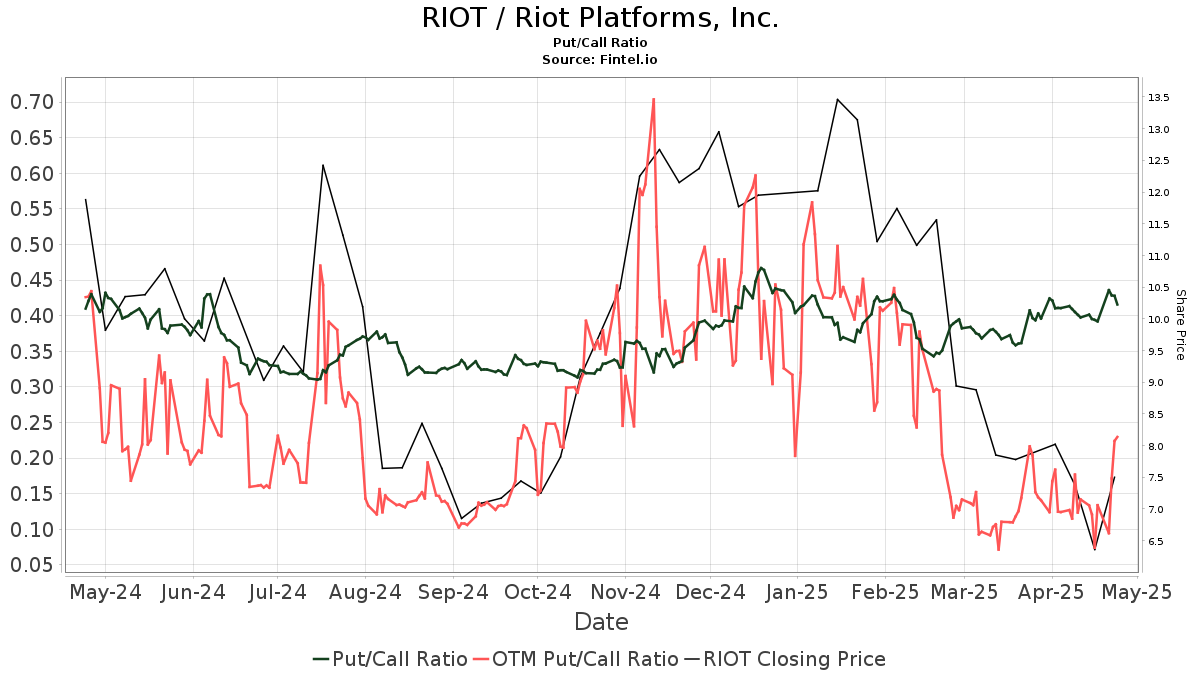Nigel Farage's Reform Party: A Scottish Nationalist Ally In The Next Election?

Table of Contents
Shared Grievances Against the Westminster System
Both the Reform Party and the SNP share a deep-seated dissatisfaction with the current UK political system. While their approaches and ultimate goals differ significantly, a common thread of frustration with Westminster runs through both parties' platforms.
-
Reform Party's Focus on Electoral Reform: The Reform Party, led by Nigel Farage, champions electoral reform, aiming to reduce the perceived dominance of established political parties and increase voter choice. They argue that the current system is undemocratic and unresponsive to the needs of the electorate.
-
SNP's Desire for Scottish Independence: The SNP's primary goal is achieving Scottish independence from the UK. They view Westminster as a system that consistently undermines Scotland's interests and prevents the nation from fulfilling its full potential.
-
Shared Criticisms of the Conservative Party: Both parties frequently target the Conservative Party, criticizing its policies and accusing it of neglecting the concerns of ordinary citizens in both England and Scotland. This shared antagonism provides a potential foundation for collaboration.
-
Examples of Shared Grievances: Both parties have voiced concerns about the impact of Brexit on their respective constituents, though their perspectives on the ideal Brexit outcome differ. Furthermore, both have expressed skepticism towards the centralized power structure of the UK government, advocating for greater regional autonomy.
Potential Areas of Cooperation
Despite significant ideological differences, several areas exist where the Reform Party and the SNP could theoretically cooperate for strategic advantage.
-
Policy Areas of Common Ground: While their approaches differ wildly, potential areas of cooperation might include fishing rights – a key concern for coastal communities in both Scotland and England. Furthermore, depending on the evolving positions of both parties, some common ground might be found on specific Brexit-related issues.
-
Strategic Electoral Alliances: In specific constituencies, a tactical alliance could maximize electoral impact. This might involve supporting each other's candidates in areas where the other party has a stronger chance of winning, thereby preventing votes from splitting and potentially harming a shared opponent (e.g., the Conservative Party).
-
Joint Campaigns or Coordinated Messaging: On select issues of shared concern, the parties could launch joint campaigns or release coordinated statements to amplify their message and reach a wider audience.
-
Past Instances of Cross-Party Cooperation: While rare, instances of cross-party cooperation between seemingly disparate parties do exist, demonstrating the possibility of opportunistic alliances driven by pragmatic considerations.
Obstacles to an Alliance
Significant ideological differences present formidable obstacles to any formal alliance between the Reform Party and the SNP.
-
Euroscepticism vs. Pro-EU Leanings: The Reform Party's staunch Euroscepticism clashes sharply with the SNP's generally more pro-EU position (though this is subject to nuance and internal party debate).
-
Differing Views on Immigration: The parties hold contrasting views on immigration policies, representing a major point of divergence.
-
Fundamental Differences in Political Goals: The Reform Party focuses on UK-wide electoral reform and changes within the existing structure. The SNP's ultimate aim is Scottish independence, representing a fundamental difference in long-term goals.
-
Internal Party Conflicts: Within both parties, significant internal dissent might arise regarding the desirability and practicality of such an unconventional alliance.
The Electoral Impact of a Potential Alliance (or Lack Thereof)
The electoral consequences of a potential alliance – or the absence of one – are substantial and multifaceted.
-
Impact on the Conservative Party: A Reform Party-SNP alliance could significantly damage the Conservative Party's chances in various constituencies, particularly in Scotland.
-
Boost to SNP Support: The alliance could boost the SNP's support in certain regions of England, particularly among voters disillusioned with traditional parties.
-
Damage to Reform Party Credibility: Such an alliance could alienate a segment of the Reform Party's core voters who might find the SNP's pro-independence agenda unacceptable.
-
Risks and Rewards: Both parties face significant risks and rewards. The SNP risks alienating voters who oppose Brexit, while the Reform Party risks alienating those who strongly oppose Scottish independence.
-
Tactical Voting: A potential alliance could heavily influence tactical voting patterns, leading to unpredictable outcomes in various constituencies.
Conclusion: Will Nigel Farage and the SNP Unite Against Westminster?
The possibility of an alliance between Nigel Farage's Reform Party and the SNP presents a fascinating, if unlikely, scenario. While shared grievances against the Westminster system provide a potential foundation for cooperation, significant ideological differences and conflicting political goals pose formidable obstacles. The electoral impact of such a union – or its absence – would be profound and far-reaching, potentially reshaping the political landscape of the UK. The likelihood of such an alliance remains highly speculative, depending heavily on shifting political dynamics and strategic calculations by both parties.
What do you think? Could this unexpected alliance reshape the next UK election? Share your thoughts in the comments below!

Featured Posts
-
 Christina Aguilera Fans Question Her Recent Appearance
May 03, 2025
Christina Aguilera Fans Question Her Recent Appearance
May 03, 2025 -
 Nebraska Voter Id Campaign Receives National Recognition For Excellence
May 03, 2025
Nebraska Voter Id Campaign Receives National Recognition For Excellence
May 03, 2025 -
 Find The Daily Lotto Results For Wednesday April 16 2025
May 03, 2025
Find The Daily Lotto Results For Wednesday April 16 2025
May 03, 2025 -
 Riot Platforms Riot Stock A Deep Dive Into Recent Performance
May 03, 2025
Riot Platforms Riot Stock A Deep Dive Into Recent Performance
May 03, 2025 -
 Hetimi Pas Sulmit Vdekjeprures Me Thike Ne Ceki
May 03, 2025
Hetimi Pas Sulmit Vdekjeprures Me Thike Ne Ceki
May 03, 2025
